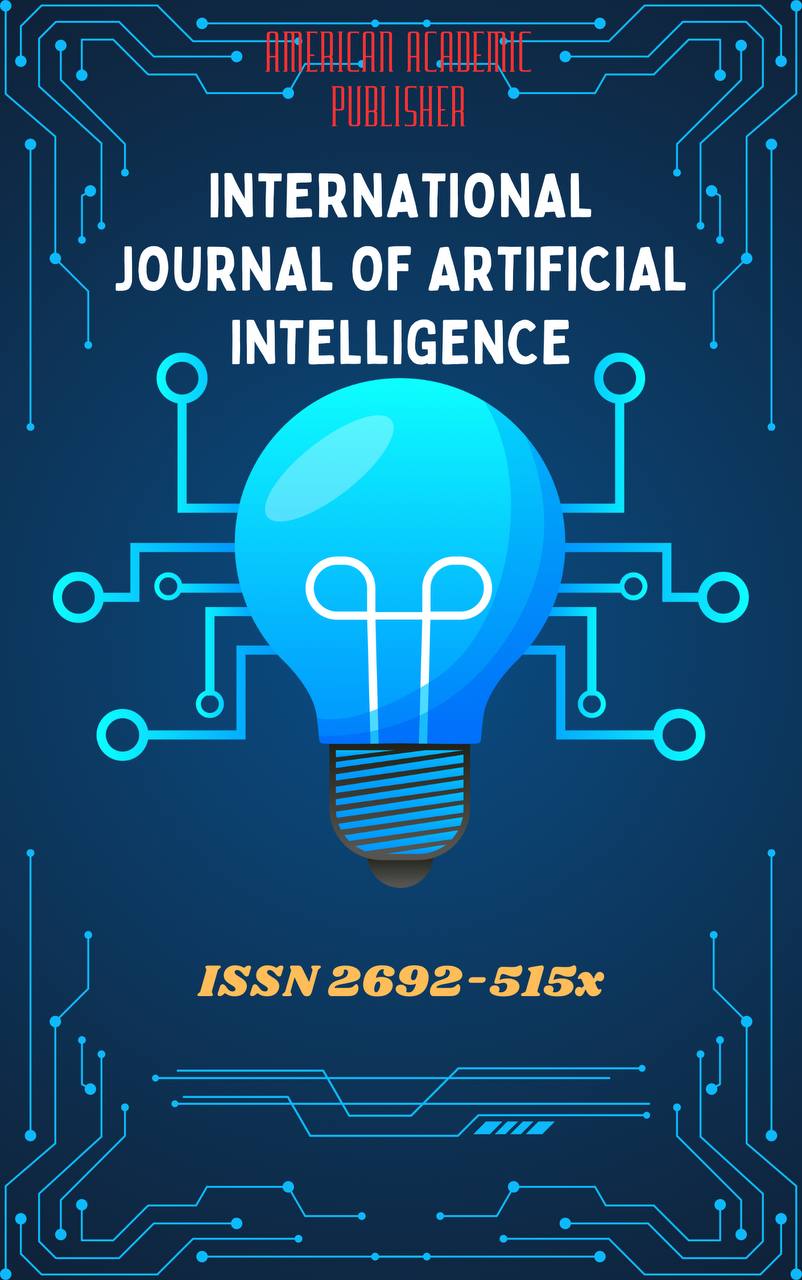 Articles
| Open Access |
Articles
| Open Access | DIGITAL LEARNING ANALYTICS: CONCEPTUAL FRAMEWORK AND EVOLUTION IN LANGUAGE EDUCATION
Mahbuba Solijonova Bo’riboy kizi , Teacher in Andijan State University, UzbekistanAbstract
The exponential growth of digital technologies in educational settings has generated unprecedented volumes of learner data, creating opportunities for evidence-based pedagogical decision-making through Learning Analytics. This systematic review examines the theoretical foundations, evolutionary trajectory, and practical applications of Digital Learning Analytics within language education contexts spanning from 2000 to 2025. The findings reveal four distinct developmental phases characterized by progressively advanced technological capabilities and pedagogical integration. Foundational frameworks, particularly Clow's Learning Analytics Cycle and Greller and Drachsler's Generic Framework, have significantly shaped implementation strategies. This review contributes to bridging theoretical knowledge and practical application in language education contexts, providing essential groundwork for future research on intercultural competence assessment through digital analytics.
Keywords
Digital Learning Analytics, Language Education, Conceptual Framework, Educational Data Mining, Computer-Assisted Language Learning, EFL Teaching
References
Arnold, K. E., & Pistilli, M. D. (2012). Course signals at Purdue: Using learning analytics to increase student success. Proceedings of the 2nd International Conference on Learning Analytics and Knowledge, 267-270. https://doi.org/10.1145/2330601.2330666
Chatti, M. A., Dyckhoff, A. L., Schroeder, U., & Thüs, H. (2012). A reference model for learning analytics. International Journal of Technology Enhanced Learning, 4(5-6), 318-331. https://doi.org/10.1504/IJTEL.2012.051815
Clow, D. (2012). The learning analytics cycle: Closing the loop effectively. Proceedings of the 2nd International Conference on Learning Analytics and Knowledge, 134-138. https://doi.org/10.1145/2330601.2330636
Ferguson, R. (2012). Learning analytics: Drivers, developments and challenges. International Journal of Technology Enhanced Learning, 4(5-6), 304-317. https://doi.org/10.1504/IJTEL.2012.051816
Gašević, D., Dawson, S., & Siemens, G. (2015). Let's not forget: Learning analytics are about learning. TechTrends, 59(1), 64-71. https://doi.org/10.1007/s11528-014-0822-x
Greller, W., & Drachsler, H. (2012). Translating learning into numbers: A generic framework for learning analytics. Educational Technology & Society, 15(3), 42-57.
Reinders, H. (2018). Learning analytics for language learning and teaching. In F. Rosell-Aguilar, T. Beaven, & M. Fuertes Gutiérrez (Eds.), Innovative language teaching and learning at university: Integrating informal learning into formal language education (pp. 109-116). Research-publishing.net.
Siemens, G. (2013). Learning analytics: The emergence of a discipline. American Behavioral Scientist, 57(10), 1380-1400. https://doi.org/10.1177/0002764213498851
Article Statistics
Downloads
Copyright License

This work is licensed under a Creative Commons Attribution 4.0 International License.

